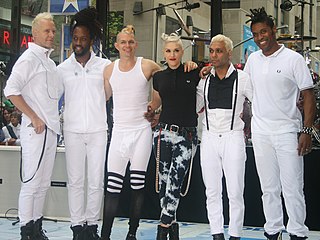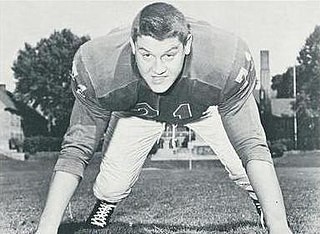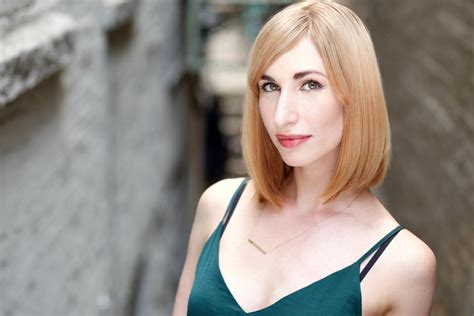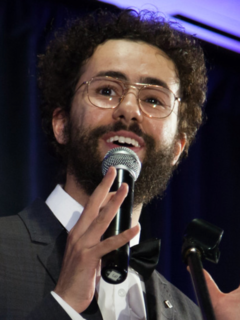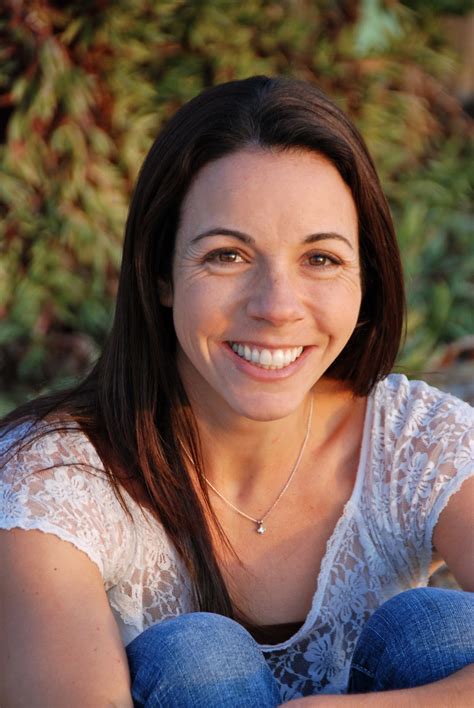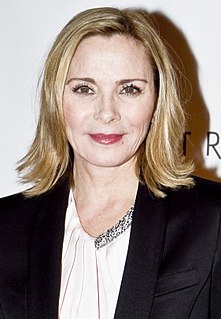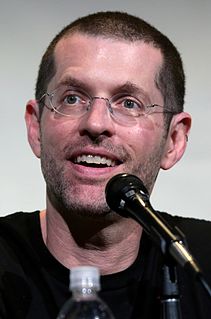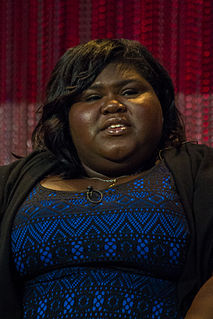A Quote by John Spence
Related Quotes
Artists use frauds to make human beings seem more wonderful than they really are. Dancers show us human beings who move much more gracefully than human beings really move. Films and books and plays show us people talking much more entertainingly than people really talk, make paltry human enterprises seem important. Singers and musicians show us human beings making sounds far more lovely than human beings really make. Architects give us temples in which something marvelous is obviously going on. Actually, practically nothing is going on.
It [The Esemblist] is also about the generation of audience members that are watching shows and listening to us at the same time; hopefully, in time, when they listen to our show and then go see a show, they'll realize even more what it takes to make a show, and they'll know even more about everybody on stage, rather than just people above the title of the show.
It's not what people do that scares me. It's what they hide. It's the secrets that keep us from bonding and create distrust. If we were more willing to accept each other's depravity we'd be more united, we'd be more honest. If you hide two things from me, I'll assume you're hiding a million. And I'll keep you at a distance. I'm not afraid of the evil in you. It's in me too.
The British have been more up for it than the Americans were, particularly with respect to nudity in the show. In Europe there are adverts that show the breasts, so people are less frightened of that aspect of the show. Americans can withstand incredible violence on TV shows - which, as I come from England and Canada, I find difficult to stomach - but they are more puritanical when it comes to nudity on screen.
We know that the elements in play in a show like 'Confederate' are much more raw, much more real, and people come into them much more sensitive and more invested, than they do with a story about a place called 'Westeros,' which none of them had ever heard of before they read the books or watched the show.
